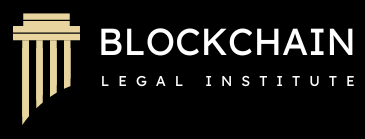The legal issues and considerations related to the collaboration between major telecom companies and blockchains in the context of global trade and blockchain technology include the following:
- Data Privacy and Security: The use of IoT devices and blockchain technology for transferring trade documents raises concerns about data privacy and security. Legal regulations around the protection of sensitive trade information need to be considered, especially when transferring data between private and public blockchains.
- Regulatory Compliance: Operating in the global trade ecosystem involves compliance with various international trade laws and regulations. The legal team must ensure that the use of blockchain technology and the transfer of trade documents adhere to these regulations.
- Contractual Agreements: Collaborations between companies often involve contractual agreements specifying the roles, responsibilities, and obligations of each party. These agreements need to be legally sound and address issues such as liability, intellectual property rights, and dispute resolution.
- Ownership and Governance: Legal issues related to corporate governance, ownership rights, and decision-making authority may arise and need to be addressed.
- Blockchain Node Operation: This involvement may entail legal responsibilities and obligations related to the operation of blockchain nodes, data integrity, and network security.
- Tokenized Assets: The reference to tokenized assets being transferred between blockchains implies the use of digital tokens. Legal considerations related to the issuance, trading, and taxation of digital assets may come into play.
- Market Regulations: Tokens: The legal team may need to monitor and ensure compliance with securities regulations if the token’s performance is considered an investment.
- Intellectual Property: If any proprietary technology or software is developed or used in the collaboration, intellectual property rights and licensing agreements should be addressed.
- Swift’s Report: The reference to Swift’s report indicates that there may be legal implications related to the adoption of a Cross-Chain Interoperability Protocol (CCIP) in the financial industry. This could involve regulatory approvals and compliance with financial sector laws.
Overall, the adoption of blockchain technology in global trade and financial services introduces legal complexities that require careful consideration and adherence to applicable laws and regulations. Legal counsel and compliance experts will play a crucial role in ensuring that these initiatives are conducted in a legally compliant and secure manner.
Check back frequently as pages are updated and check pages related to various countries around the world for specifics.
